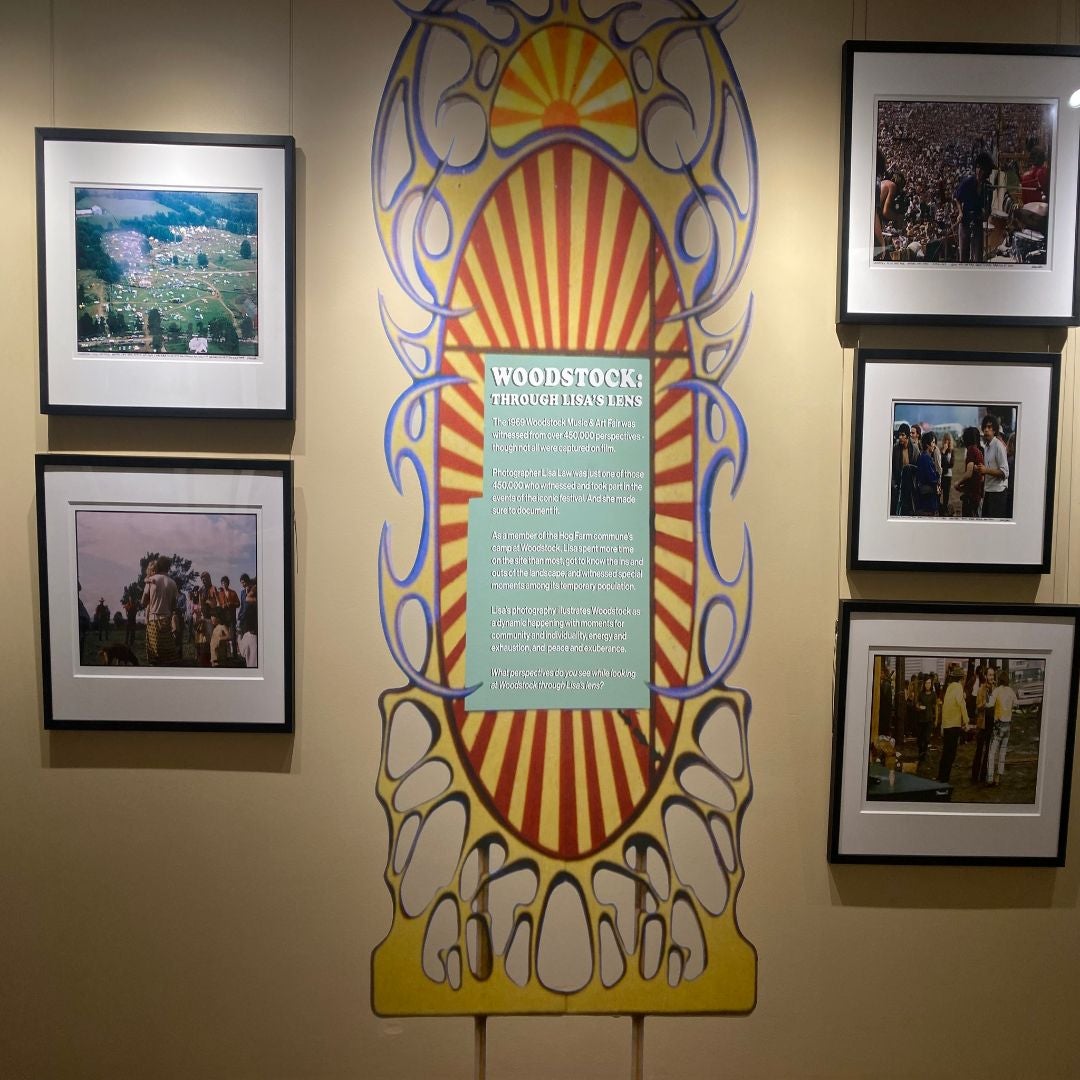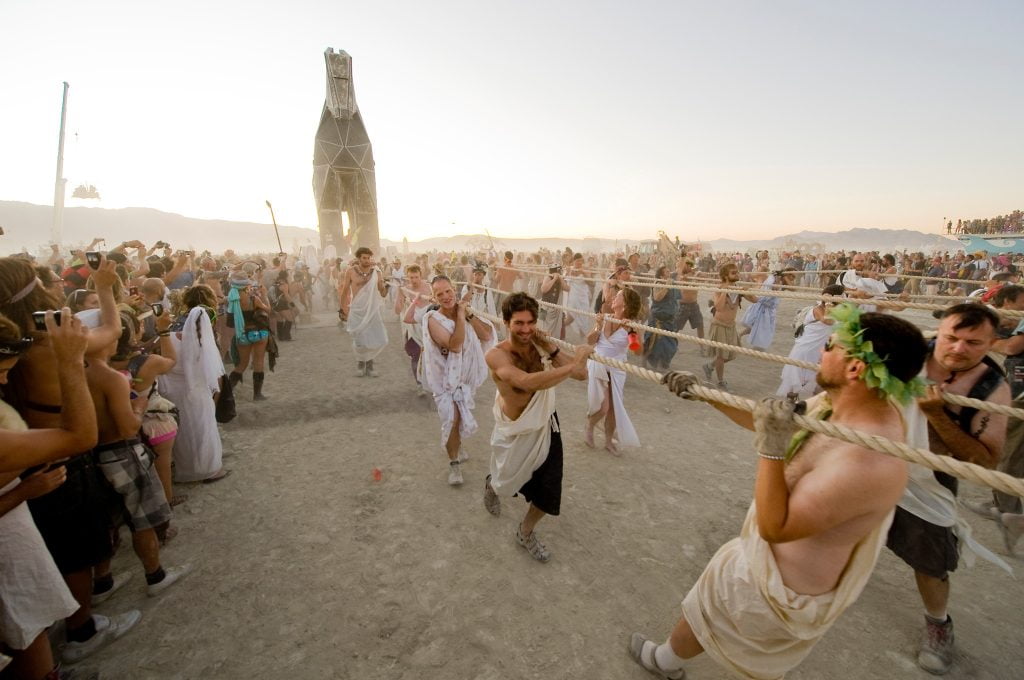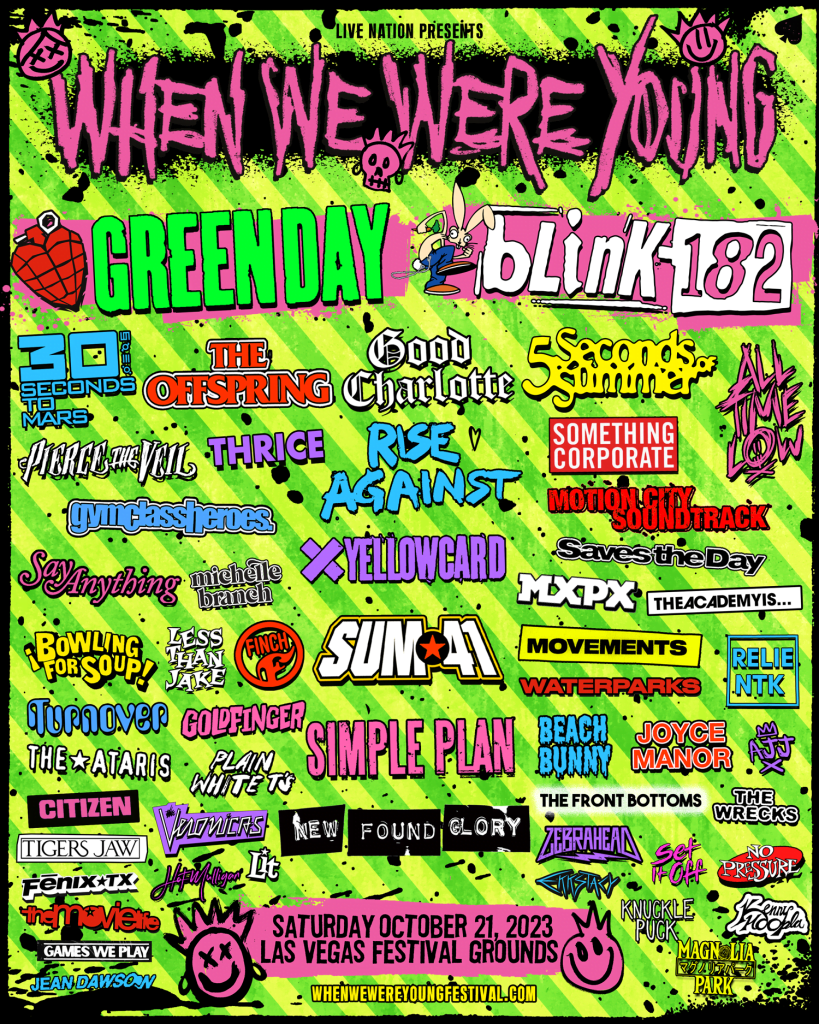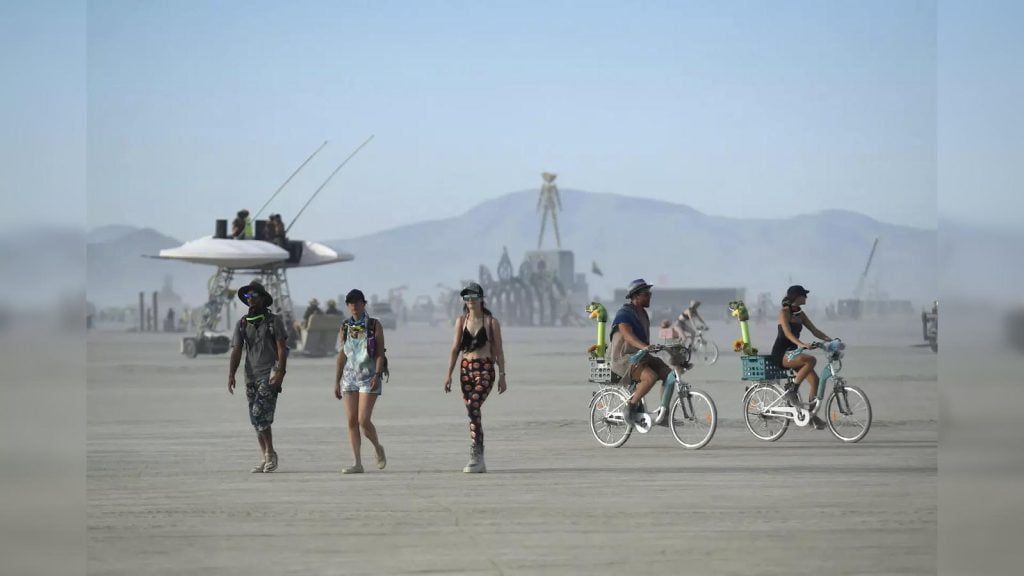Have you ever wondered what the Woodstock Music Festival really was? This iconic event, held in August 1969, went down in history as a pivotal moment in music and cultural history. Woodstock was not just a music festival; it was a gathering of like-minded individuals seeking peace, love, and unity amidst the turbulent times of the late 1960s. With performances by legendary artists like Jimi Hendrix, Janis Joplin, and The Who, Woodstock became a symbol of the counterculture movement and a defining moment for an entire generation.
Introduction to the Woodstock Music Festival
The Woodstock Music Festival, held in 1969 in Bethel, New York, is an iconic event in music history that defined a generation. The festival was a three-day celebration of peace, love, and music, featuring some of the most legendary artists of the time. What Was the Woodstock Music Festival became a cultural touchstone, symbolizing the counterculture movement of the late 1960s.
Historical Significance
The Woodstock Music Festival was a defining moment in the history of rock and roll. It brought together over 400,000 people in a peaceful gathering that showcased the power of music to unite people from all walks of life. Woodstock was more than just a music festival; it was a social experiment that promoted peace and harmony during a tumultuous time in American history.
Cultural Impact
Woodstock left a lasting impact on popular culture and music. It became a symbol of the counterculture movement and a beacon of hope for a generation seeking change and peace. The festival inspired similar events and festivals around the world and continues to influence music and social movements to this day.

History and Background
Woodstock Music Festival: The Woodstock Music Festival, also known as Woodstock or the Woodstock Festival, was a landmark music festival held in 1969. It symbolized an era of peace, love, and music. The event took place on a dairy farm in Bethel, New York, attracting an unexpected crowd of over 400,000 people. Despite facing logistical challenges, such as food shortages and bad weather, the festival became an iconic moment in music history.
Origins of Woodstock
The idea for Woodstock originated from the desire to create a music festival that would be a gathering of people who shared a love for music and a vision of a better world. In the 1960s, amidst social and political unrest, the festival aimed to promote peace and harmony through music.
The organizers, including Michael Lang and Artie Kornfeld, envisioned a unique event that would go beyond just music, embracing the values of counterculture and unity.
Impact and Legacy
The Woodstock Music Festival left an indelible mark on the music industry and cultural landscape. It became a symbol of the hippie movement, and the spirit of Woodstock still resonates with generations today. The festival’s legacy is seen in its influence on music festivals, activism, and the enduring message of peace and love.
Woodstock captured the essence of the 1960s and continues to inspire artists and audiences worldwide.

Key Performances and Artists
The Woodstock Music Festival, held in August 1969, featured an iconic lineup of artists who delivered legendary performances that defined a generation. Some of the standout performances and artists from the festival include:
Janis Joplin
Janis Joplin’s raw and soulful performance at Woodstock left the audience mesmerized. Her rendition of “Piece of My Heart” was particularly poignant, showcasing her incredible vocal range.
Jimi Hendrix
Jimi Hendrix’s electrifying rendition of “The Star-Spangled Banner” on the final day of the festival became one of the most iconic moments in music history.
Santana
Santana’s high-energy performance infused with Latin rhythms captivated the crowd. Tracks like “Soul Sacrifice” showcased the band’s unparalleled musicianship.
The Who
The Who’s explosive set, including their rock opera “Tommy,” captivated the audience with its powerful sound and theatrical presence.
Crosby, Stills, Nash & Young
This supergroup’s harmonious blend of vocals and folk-rock melodies resonated with the crowd. Songs like “Suite: Judy Blue Eyes” became anthems of the era.
Social and Cultural Impact
The Woodstock Music Festival of 1969 had a significant social and cultural impact, leaving an indelible mark on the history of music and activism. The festival, which took place in Bethel, New York, brought together over 400,000 people in a celebration of peace, love, and music.
Counter-Cultural Movement
Woodstock became a symbol of the counterculture movement of the 1960s, embodying the ideals of anti-establishment, free love, and opposition to the Vietnam War. It was a gathering of like-minded individuals who sought to challenge societal norms and promote unity and social change.
Musical Revolution
The festival featured iconic performances by legendary artists such as Jimi Hendrix, Janis Joplin, and The Who, ushering in a new era of rock music and influencing generations of musicians to come. The fusion of rock, folk, and blues music at Woodstock set the stage for the evolution of popular music.
Legacy of Woodstock
The Woodstock Music Festival, widely recognized as a pivotal moment in music history, holds a timeless legacy that resonates even today. The event, held in 1969, embodied the spirit of peace, love, and unity. With an attendance exceeding expectations, Woodstock gave birth to a cultural phenomenon that continues to inspire generations.
Impact on Music Industry
The monumental performances by legendary artists like Jimi Hendrix and Janis Joplin set a new standard for live music experiences. Woodstock’s influence on music genres, stage setups, and audience engagement techniques continues to reverberate through today’s music industry.
The festival showcased the power of music in bringing people together regardless of differences.
Social and Political Influence
Woodstock was more than just a music festival; it was a platform for social activism and a representation of the counterculture movement of the 1960s. The event fostered a sense of community and solidarity among attendees, promoting peaceful coexistence amidst social turmoil.
- The festival promoted environmental awareness and activism.
- It challenged societal norms and encouraged cultural revolution.
Frequently Asked Questions
- What is the Woodstock Music Festival?
- The Woodstock Music Festival, also known as Woodstock or the Woodstock Music & Art Fair, was a music festival held in 1969 in Bethel, New York.
- When did the Woodstock Music Festival take place?
- The Woodstock Music Festival took place from August 15 to 18, 1969.
- Who were some of the famous musicians that performed at Woodstock?
- Some of the famous musicians who performed at Woodstock include Jimi Hendrix, Janis Joplin, The Who, Santana, and Creedence Clearwater Revival.
- How many people attended the Woodstock Music Festival?
- It is estimated that around 400,000 people attended the Woodstock Music Festival.
- What impact did the Woodstock Music Festival have on music and culture?
- Woodstock is considered a pivotal moment in music history and a defining event of the counterculture movement of the 1960s. It had a lasting impact on music, art, and social norms.
In Conclusion: A Timeless Legacy of Music and Unity
Reflecting on ‘What Was the Woodstock Music Festival,’ we are reminded of an unparalleled gathering that defined a generation. The festival’s impact goes far beyond music; it symbolizes a movement of peace, love, and unity. Woodstock showcased the power of music to unite people from all walks of life, transcending barriers and spreading a message of harmony and togetherness.
As we look back on this iconic event, we are inspired by the spirit of Woodstock, a timeless legacy that continues to resonate with music lovers worldwide. It serves as a reminder of the positive impact music can have on society and the everlasting cultural significance of the Woodstock Music Festival.




